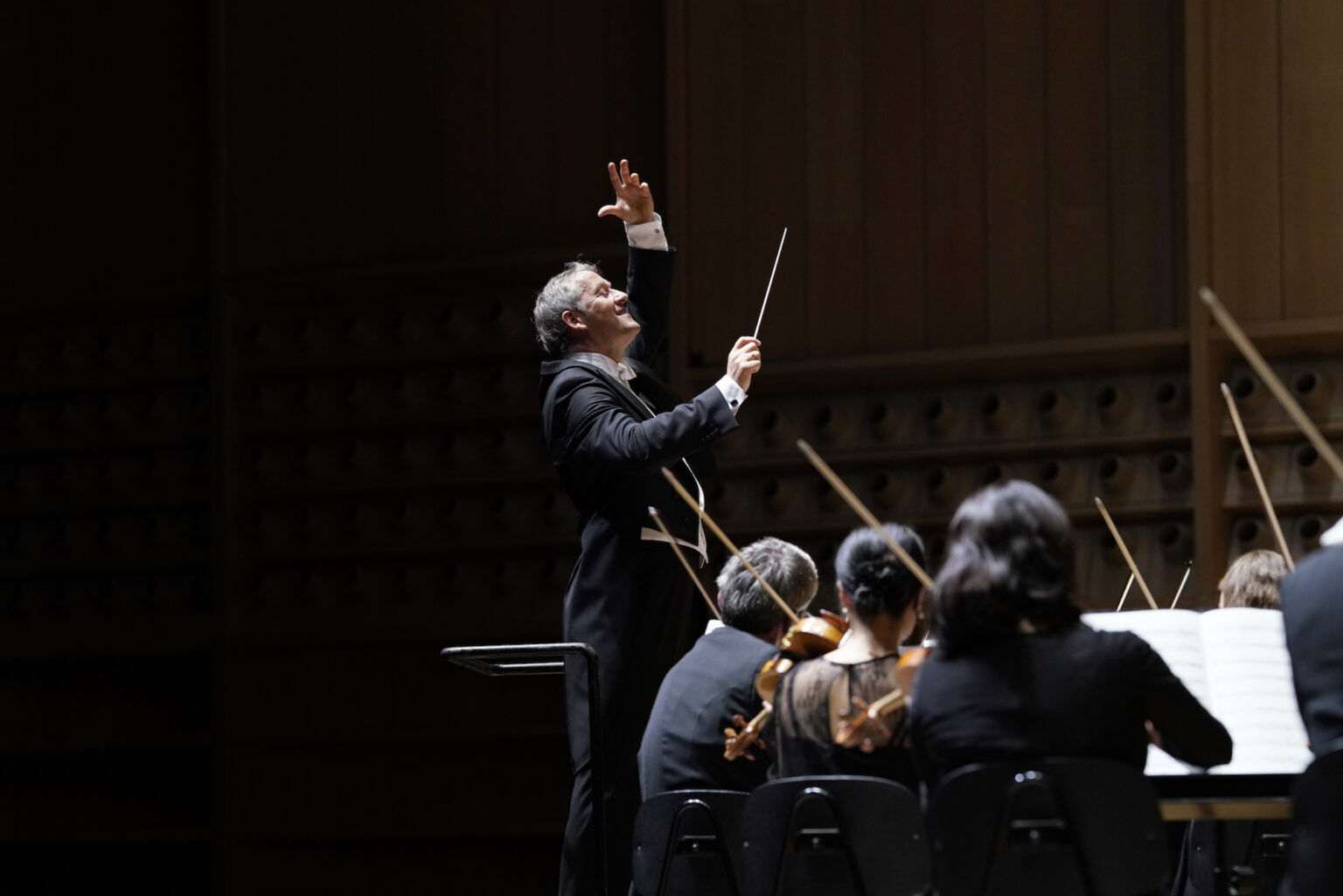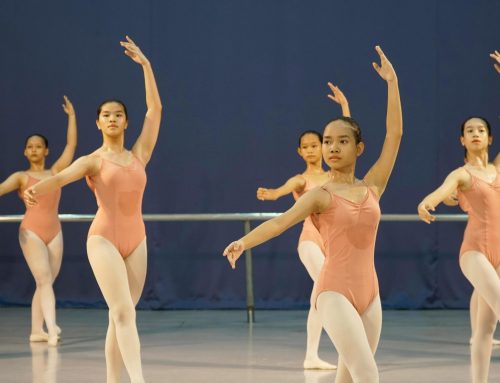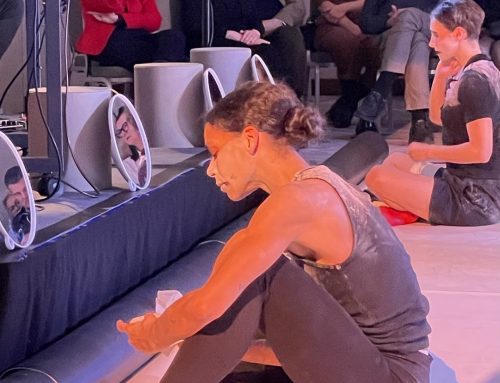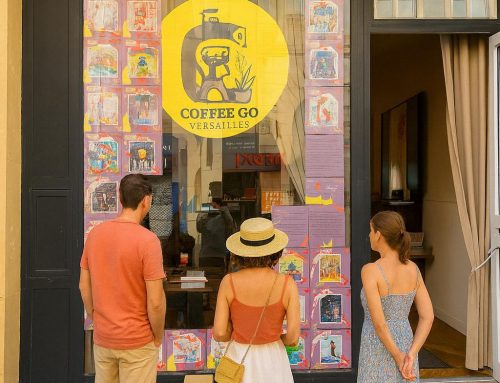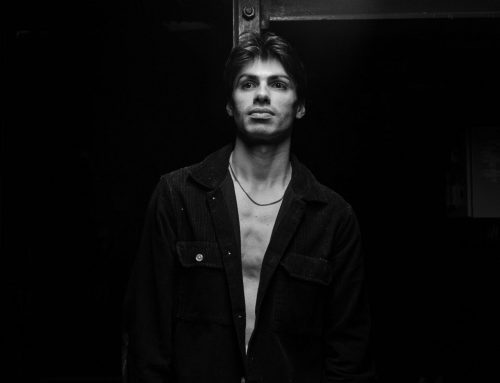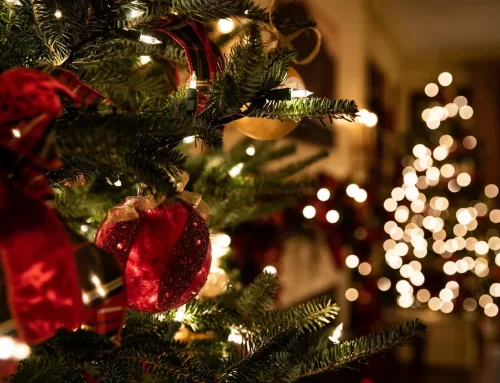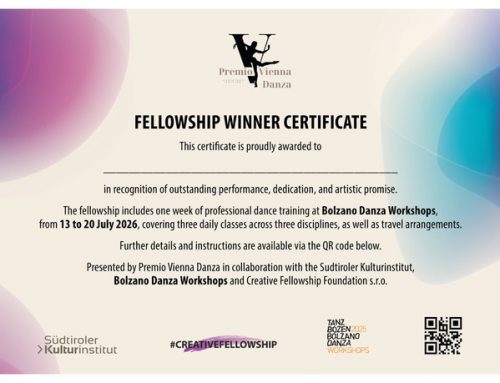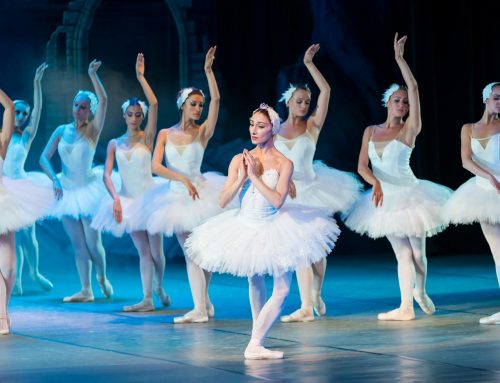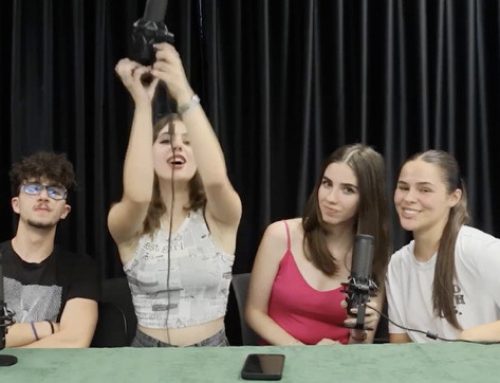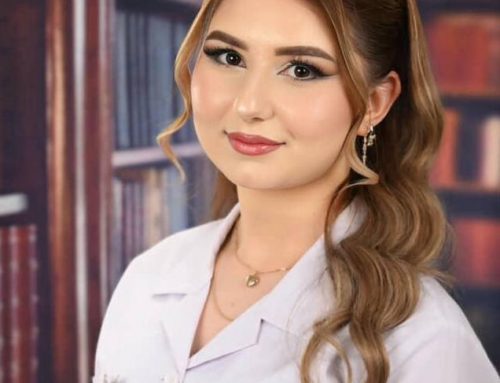In 2024, Bad Ischl and 22 surrounding communities will become one of the three European Capitals of Culture of the year — alongside Tartu in Estonia and Bodo in Norway.
Summer resort for the Austrian nobility ( Emperor Franz Joseph I and Empress Sisi spent many summers in Bad Ischl and also got engaged there in 1853) Bad Ischl and surrounding communities want to realize more than 300 projects together. The projects explore the consequences of overtourism and climate change as well as the region’s historically burdened past. The goal is to shed light on the positive and negative sides of this entire region.
Projects for the European Capital of Culture include an exhibition by Chinese artist Ai Weiwei, which will also explore the tradition of salt mining.
Other exhibitions deal with looted art by the Nazis. The Nazi regime stashed looted art and art treasures in a mountain tunnel in Bad Ischl during World War II. A show in Bad Aussee will also shed light on the life of the art dealer Wolfgang Gurlitt, whose collection included artworks looted by the Nazis.
Concerts with music by Arnold Schönberg and an operetta by Oscar Straus also highlight the many Jewish artists and art lovers who were closely connected to Salzkammergut.
Another project will deal with the history of the Habsburg monarchy. Salzkammergut was originally the private property of the Habsburgs.
To feel the taste of this salt producing region, culturally curious travelers can get themselves acquainted with specially designed art tours organized by the regional Salzkammergut tourist board. For those who want more general excurse into European Capital of Culture, Salzkammergut offers a 4-nights package titled “Who the heck is culture?” which introduces the region as a laboratory for meeting the increasing political, cultural, economic and ecological challenges of Europe and the world.
Travelers who are interested in having hands on experience are highly recommended to check on the “Where industry meets culture!” offer. This 4-day trip includes a manufactory tour at Gmundner Ceramics; a trip to the papermaking museum in Laakirchen and the World Heritage Museum in Hallstatt; experience at the center for contemporary craft culture (“HandWerkHaus”) and a tasting at the mustard manufactory in Bad Goisern.
More information on the European Capital of Culture Program can be obtained at https://www.salzkammergut-2024.at/en or https://www.upperaustria.com/en/

